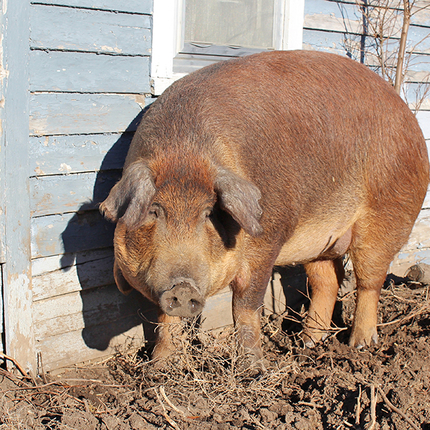By John Crabtree, former staff member
In what brings to mind the ashes-to-rebirth legend of the mythological Phoenix, statutes prohibiting corporate farming in North Dakota and meatpacker ownership of livestock in Nebraska are both fighting for survival.
The real story, however, might rest with the resurgence of political and popular support for these laws, in particular in states where the fighting has been white hot.
In the late 90’s, Senator Cap Dierks proposed a state law prohibiting packer ownership of livestock that many, at the time, said was redundant and not necessary in light of Nebraska’s constitutional prohibition of corporate farming, popularly known as Initiative 300. Senator Dierks persisted, and won. The law sat on the books quietly until Initiative 300 was overturned in federal court, when it reemerged from the ashes and still holds sway today.
Over the last three years, the same forces that brought down I-300 have taken aim at the packer ownership of livestock law, but they’ve failed three years running. They have succeeded, however, in expanding political and popular support for the law. And they’ve infuriated independent cattlemen who don’t buy the argument that they only intend to allow packers to own hogs, as was proposed in LB 176 in 2015.
Likewise, North Dakota’s corporate farming law, passed in 1932, has always been popular. But when the state Legislature passed SB 2351 this spring to hamstring that law, they incurred the wrath of the North Dakota Farmers Union. Almost immediately, Farmers Union was circulating petitions to refer the legislation to a vote of the people. By July, they turned in over 21,000 signatures to put the law to an up-or-down vote on the June 2016 ballot. Polling commissioned by North Dakota Farmers Union demonstrates that 3 out of 4 North Dakota voters oppose SB 2351 and favor keeping the state’s corporate farming law intact.
There is no silver lining to the attacks on corporate farming laws many states have endured. But it is my sincere hope that corporate farming enthusiasts have overstepped, awoken the popular support that made these law possible, and helped all of us see the core values that have always under-girded our society’s preference for family farms and ranches over corporate farms.




